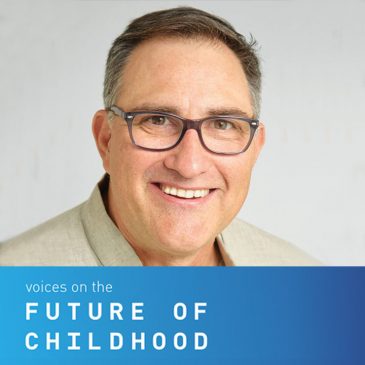In this series of blog posts, we asked our experts to share their perspectives on issues of race and racism and highlight the work they are doing in their respective fields. “What is your vision for the future of childhood? What are you doing in your professional capacity to achieve that vision, and/or who needs to do what to achieve that vision?”
Integration in a time of choice
 Pablo Miralles is a filmmaker who made the award-winning documentary “Can We All Get Along? The Segregation of John Muir High School.”
Pablo Miralles is a filmmaker who made the award-winning documentary “Can We All Get Along? The Segregation of John Muir High School.”
In 1974, as the United States was in the middle of federal attempts to desegregate public schools, Supreme Court Justice Thurgood Marshall said, “For unless our children begin to learn together, there is little hope that our people will ever learn to live together.” But the political and judicial movement to use the government to bring children together did not last.
Today, “parental choice” is the dominant movement in education policy, and, as we have seen with the resegregation in our schools, it has done nothing to bring us together. My hope for the future of childhood in this country—specifically, the future of education—is that white and/or privileged parents begin to recognize the consequences of their “choices” and use them to integrate our schools. I feel our democracy and future racial harmony depend on it.
I am a filmmaker committed to exploring the challenges of integrating public schools. I am a founding member of an Integrated Schools Chapter in Pasadena. Integrated Schools is a group that strives to prepare parents to support meaningfully integrated classrooms that reflect the diversity of their districts, as well as develop school communities that respect all families and are every child.
See more posts in this series:
Voices on the Future of Childhood
Christy Crawford | Jordan Taitingfong | Mariana Díaz-Wionczek | Martez E. Mott
Pablo Miralles | Rahsaan Harris | Stanley Pierre-Louis | Vicki Ariyasu

